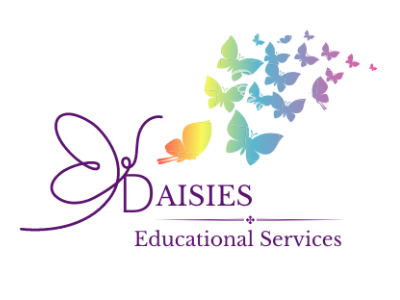Fundamental Supports
Supporting parents of students with Individualized Education Programs (IEPs) or 504 Plans is essential for ensuring that students with disabilities or special needs receive the services and accommodations they require for educational success. Here are some fundamental supports we offer for parents:
1. Education and Training
Workshops: Schools and organizations often provide workshops on understanding IEPs and 504 Plans, so parents can be active and informed participants in their child’s education.
IEP/504 Guides: Offering parents written guides or access to online resources that explain the processes, rights, and how to advocate effectively.
2. Communication and Collaboration with Schools
Regular Meetings: Parents should have regular and open communication with the IEP/504 team, which includes teachers, school counselors, special education coordinators, and administrators.
Progress Monitoring: Schools should provide updates on the student’s progress and how well the accommodations are working. Parents should be empowered to ask questions or request changes if necessary.
3. Access to Resources and Support Services
Special Education Advocacy: Advocating for parents to help them navigate the school system and ensure their child’s rights are being upheld.
Parent Support Groups: Networking with other parents facing similar challenges can offer emotional support and practical advice.
Legal Assistance: In some cases, parents may need access to legal counsel if there are disputes regarding their child’s IEP or 504 plan.
Dispute Resolution: If there are disagreements with the school, parents should know how to file complaints, request mediation, or initiate due process hearings if necessary.
4. Mental Health and Emotional Support
Counseling Services: Parents may benefit from counseling to cope with the emotional challenges of raising a child with special needs.
Respite Care: Programs that provide temporary relief to caregivers, allowing parents time to rest and recharge.
5. School-Based Supports
Specialized Staff: Schools should have qualified staff, such as special education teachers, speech therapists, occupational therapists, or psychologists, to meet the specific needs of students on IEPs or 504 Plans.
Assistive Technology: Schools should provide access to necessary technology that supports learning, such as text-to-speech software, communication devices, or audiobooks.
6. Community and Governmental Resources
Local and National Organizations: Many organizations, such as Parent Training and Information Centers (PTIs), offer free resources to help parents navigate the special education system.
Government Programs: Programs like Medicaid or Supplemental Security Income (SSI) may provide additional financial support for families with children who have disabilities.
7. Empowerment and Encouragement
Involvement in Decision-Making: Parents should feel like valued partners in the decision-making process, contributing insights about their child’s strengths and challenges.
Encouraging Self-Advocacy: As students grow, teaching them to understand their accommodations and advocate for themselves is essential.
These supports help ensure that parents are not only aware of their child’s needs but are also equipped to advocate for and support their child's education effectively.



